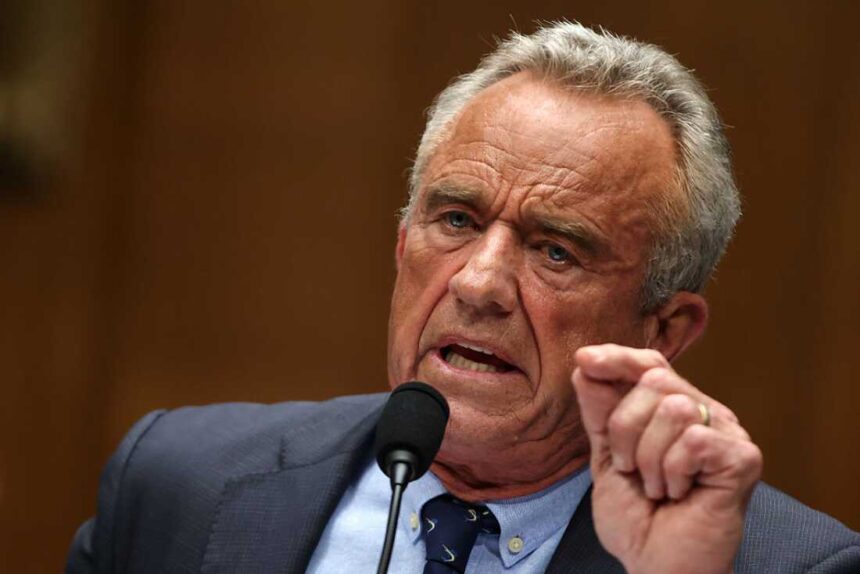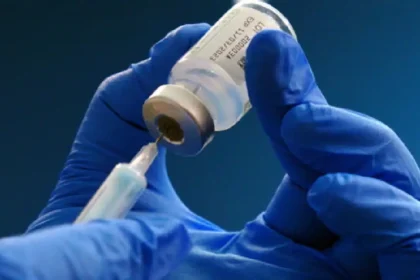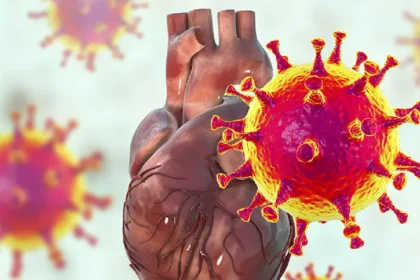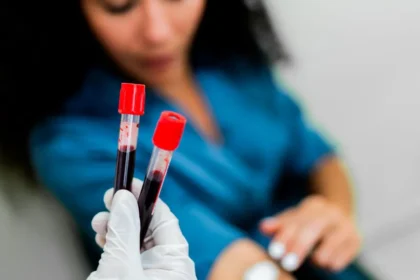The Trump administration released the second part of its “Make America Healthy Again” report on Tuesday, aiming to outline strategies for improving children’s health across the United States. The new report, titled “Make Our Children Healthy Again,” focuses on recommendations related to nutrition, exercise, vaccines, and pharmaceutical use. While it presents an ambitious vision, critics argue that it lacks the clarity, enforcement mechanisms, and regulatory action needed to bring real change.
Health Secretary Robert F. Kennedy Jr. introduced the report during a press briefing, calling it a collaboration between educators, healthcare workers, and private industry. He described the document’s 128 recommendations as a blueprint for reducing chronic illness among children and labeled it a historic effort. However, much of what the report promotes has already been announced or implemented, leading some to view it as more of a summary than a strategy.
At its core, the report highlights four key priorities: investing in research, reforming policy, raising public awareness of health issues, and partnering with private-sector stakeholders. Yet it avoids addressing issues such as food insecurity and gun violence, which many experts consider central to childhood well-being. When asked about increasing gun deaths among children, Kennedy suggested that psychiatric drugs and video games might play a role but offered no evidence and declined to outline a plan.
The report includes calls for updated dietary guidelines, a revived Presidential Fitness Test in schools, and limitations on junk food purchases through the Supplemental Nutrition Assistance Program. However, many of these efforts were already in motion prior to the report’s release. For example, the government’s 2025–2030 dietary guideline review began under the previous administration. Additionally, multiple states had already requested waivers to restrict SNAP purchases.
Experts voiced concern over the report’s lack of specifics. One public health leader questioned its overall depth, saying it would not pass academic standards. Another criticized its deference to the food industry and noted that the report appears hesitant to regulate the marketing of unhealthy food to children. Despite strong bipartisan support for improving children’s diets, the document only proposes “exploring” changes rather than implementing them.
The approach to environmental chemicals also falls short of expectations for many advocates. Instead of proposing concrete federal actions, the report suggests that the private sector continue to lead in identifying and regulating harmful substances. Some argue that this is a missed opportunity, given existing federal tools and technologies already in place.
On the topic of vaccines, the report reflects Kennedy’s long-standing concerns. It proposes a new national vaccine framework, a review of the childhood immunization schedule, and further investigation into potential vaccine-related injuries. It also emphasizes transparency in vaccine science and includes plans to improve adverse event reporting systems. Kennedy said the current system for tracking vaccine injuries is ineffective and must be overhauled to support those who feel harmed or marginalized.
Earlier this year, Kennedy dismissed the Centers for Disease Control and Prevention’s vaccine advisory committee, citing conflicts of interest. The newly appointed members, many of whom are critical of vaccines, have raised concerns among health officials. One of Kennedy’s appointees, a university professor who has previously linked COVID-19 vaccines to serious harm, is now leading a federal workgroup on immunization policy.
The report also outlines efforts to reduce artificial food dyes, improve transparency around fluoride and pesticides, and increase awareness of health risks from vaping, screen time, and alcohol use. It supports removing restrictions on small-dairy farmers who sell raw milk, a product Kennedy personally favors. Health experts have warned that raw milk poses risks from pathogens such as E. coli and listeria.
In terms of advertising, the report says federal agencies will increase enforcement against misleading pharmaceutical promotions, especially on digital platforms and social media. This move aligns with recent actions by the administration to hold drug companies and influencers accountable for failing to disclose side effects or following established marketing guidelines.
Some of Kennedy’s proposed reforms target conflicts of interest in federal agencies. The Department of Health and Human Services plans to strengthen disclosure requirements and recusal rules for members of scientific advisory panels. Earlier this year, the CDC published a public database listing financial ties and potential conflicts of its advisory board members.
Despite the report’s stated goals, critics argue that it leans heavily on ideas already in progress and does not offer new or enforceable solutions to the major health issues facing American children. One food policy expert described the section on ultra-processed food as especially weak, noting that the administration appears unwilling to challenge the food industry directly.
The first MAHA report released in May faced scrutiny for its citations, some of which were believed to have been generated using artificial intelligence. The new report includes no citations, and there is no clear indication that AI was involved.
As the administration continues promoting its health agenda, many are waiting to see whether these recommendations will evolve into meaningful policy changes or remain largely aspirational.











